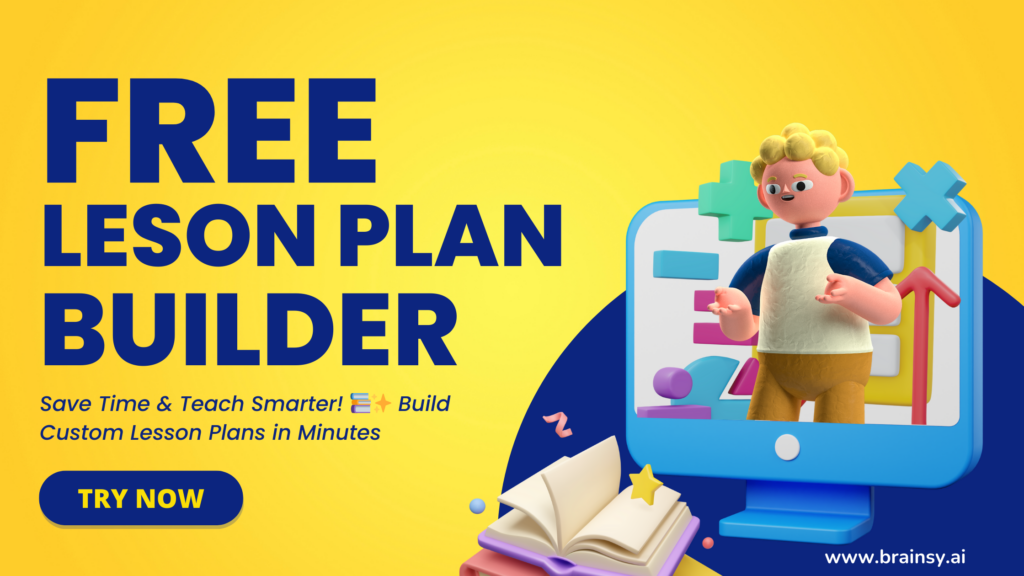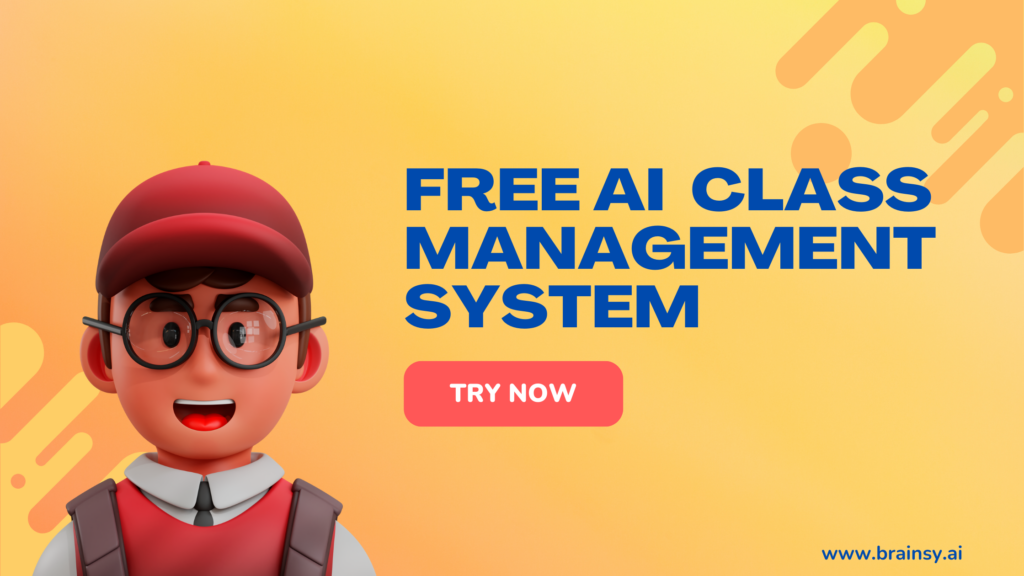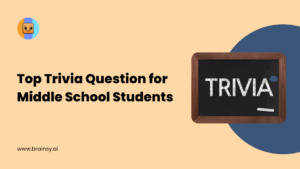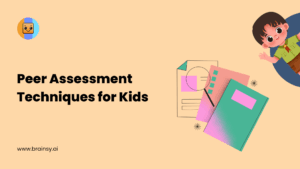Imagine a classroom where every lesson is tailored just for you, the learning pace matches your unique style, and feedback is immediate and constructive. Sounds like science fiction? Welcome to the world of AI-powered learning platforms! These cutting-edge tools revolutionize education by leveraging artificial intelligence to create a more personalized and effective learning experience. But what exactly is an AI-powered learning platform? Let’s dive in and explore this fascinating topic.
Understanding AI in Education
Definition of AI
Artificial Intelligence, or AI, refers to the simulation of human intelligence in machines designed to think and learn like humans. In the realm of education, AI encompasses a variety of technologies that help automate and enhance the learning process.
How AI is Transforming Education
AI is shaking up traditional education by offering smarter ways to learn and teach. From automating administrative tasks to providing personalized learning experiences, AI is making education more efficient and engaging. The goal is to create a learning environment that adapts to individual needs, making education more accessible and effective.
Core Features of AI-Powered Learning Platforms
Personalized Learning
One of the standout features of AI-powered learning platforms is their ability to offer personalized learning experiences. These platforms can tailor content to fit the learner’s needs by analyzing data on a student’s performance and preferences. This means lessons can be adjusted in real time to match the student’s pace and comprehension level, leading to more effective learning.
Adaptive Learning Technologies
Adaptive learning technologies use AI to adjust the difficulty of tasks based on a student’s progress. If a student is struggling with a particular concept, the system can provide additional resources or alter the instructional approach. Conversely, if a student excels, the platform can introduce more challenging material to keep them engaged.
Intelligent Tutoring Systems
Intelligent tutoring systems (ITS) are another crucial component of AI-powered learning. These systems simulate one-on-one tutoring by offering tailored guidance and feedback. They can identify areas where a student is struggling and provide targeted support, much like a personal tutor would.
Benefits of AI-Powered Learning Platforms
Enhanced Student Engagement
AI-powered platforms make learning more interactive and engaging. Through gamified lessons and interactive simulations, students are more likely to stay motivated and involved in their learning process. This increased engagement can lead to better retention of information and improved academic performance.
Improved Learning Outcomes
By providing personalized and adaptive learning experiences, AI-powered platforms help students achieve better learning outcomes. The tailored approach ensures that students receive the right level of support and challenge, which can lead to higher achievement and mastery of subjects.
Scalable and Accessible Education
AI-powered platforms can offer high-quality education to a large number of students simultaneously. This scalability makes it possible to provide effective learning solutions to underserved or remote areas, promoting greater accessibility in education.
How AI-Powered Learning Platforms Work
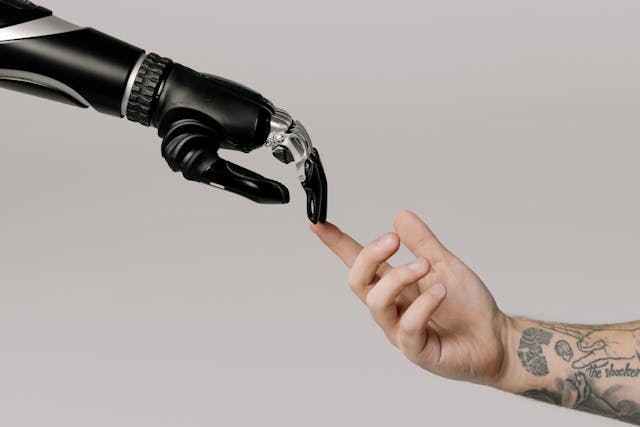
Data Collection and Analysis
AI learning platforms gather extensive data on student interactions, performance, and preferences. This data is analyzed to understand learning patterns and identify areas for improvement. By leveraging this information, the platform can deliver more relevant and effective learning experiences.
Machine Learning Algorithms
Machine learning algorithms are at the heart of AI-powered platforms. These algorithms process the data collected and use it to predict student needs and adjust learning materials accordingly. Over time, the system learns from user interactions, becoming more accurate and efficient in delivering personalized content.
Feedback and Improvement
AI platforms continuously collect feedback from students and educators. This feedback is used to refine and enhance the platform’s features and content. The iterative process ensures that the learning experience remains relevant and effective.
Popular AI-Powered Learning Platforms
Examples of Successful Platforms
Several AI-powered learning platforms have made a significant impact in the educational field. For instance:
- Duolingo: Uses AI to provide personalized language learning experiences.
- Khan Academy: Incorporates AI to offer tailored practice exercises and instructional videos.
- Coursera: Utilizes AI to recommend courses and provide personalized learning pathways.
Key Features of Each Platform
Each of these platforms leverages AI in unique ways. Duolingo uses gamification and adaptive learning to teach languages, Khan Academy offers personalized practice and instructional content, and Coursera provides course recommendations and customized learning paths based on user data.
Challenges and Limitations
Data Privacy Concerns
With the vast amount of data collected, privacy is a significant concern. Ensuring that student data is secure and used responsibly is crucial to maintaining trust in AI-powered learning platforms.
Algorithmic Bias
AI systems can inadvertently reinforce biases if they are not carefully designed and monitored. It’s important to ensure that AI algorithms are fair and do not perpetuate existing inequalities in education.
Accessibility Issues
While AI-powered platforms offer many benefits, not all students have equal access to the technology. Addressing issues of the digital divide and ensuring that these platforms are accessible to all learners is essential for their success.
Future Trends in AI-Powered Learning
Emerging Technologies
The future of AI in education holds exciting possibilities. Emerging technologies like virtual reality (VR) and augmented reality (AR) are set to enhance learning experiences even further. AI will continue to play a key role in integrating these technologies into educational platforms.
Predictions for AI in Education
Looking ahead, we can expect AI to become even more sophisticated in its ability to personalize and enhance learning. Advances in natural language processing, machine learning, and data analytics will drive the development of more effective and engaging educational tools.
Conclusion
AI-powered learning platforms are revolutionizing the way we approach education. By offering personalized, adaptive, and interactive learning experiences, these platforms are making education more accessible and effective. As technology continues to evolve, we can anticipate even greater advancements in how AI supports and enhances learning.
FAQs
AI-powered learning platforms use artificial intelligence to personalize and adapt learning experiences, while traditional platforms typically follow a one-size-fits-all approach.
AI personalizes learning by analyzing data on student performance and preferences to tailor content, adjust difficulty levels, and provide targeted support.
The cost of AI-powered learning platforms varies. Some platforms offer free access with premium features available for purchase, while others may require a subscription or one-time fee.
Privacy concerns include the secure handling of student data and preventing misuse of personal information. Ensuring compliance with data protection regulations is crucial.
AI-powered platforms are designed to complement, not replace, teachers. They provide additional support and personalized learning but cannot replace the human element of teaching.


